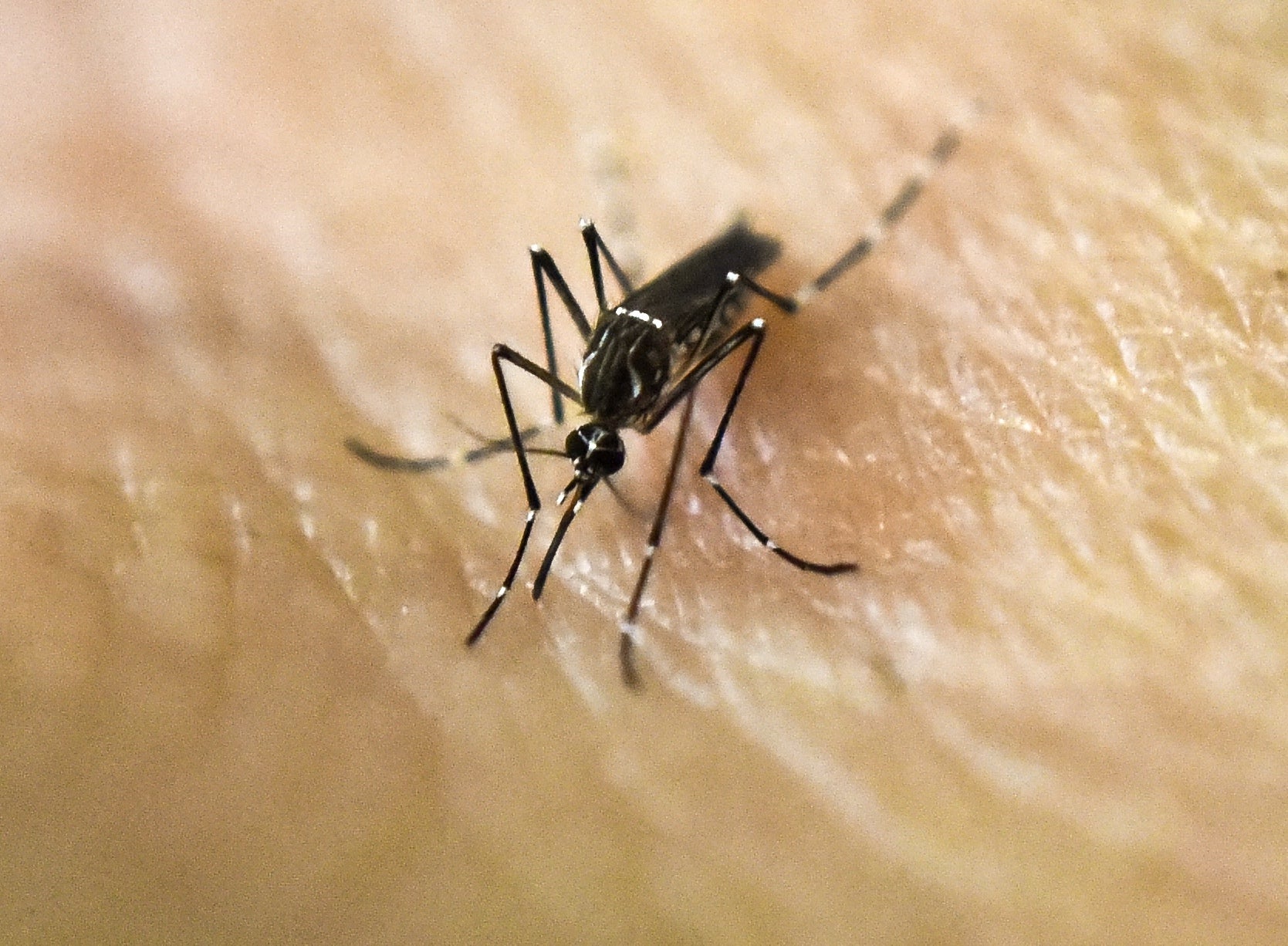Deadly Yellow Fever virus on brink of spreading to Europe and Americas, charity warns
Virus leads to bleeding from eyes, nose and mouth and organ failure, and is sweeping across Africa in worst outbreak for more than 30 years. A dozen cases have already been reported in China, and Save the Children says vaccine stocks are too low to cope with a global outbreak

A deadly African virus is on the brink of spreading to Europe and the Americas amid the largest outbreak in more than 30 years, a charity has warned.
Yellow fever can cause bleeding from the ears, eyes and nose, organ failure, jaundice and death in the most severe cases, and is considered such a threat that many African nations refuse entry to anyone who has not been vaccinated.
Yet despite those regulations, thousands of suspected cases have been reported in the Democratic Republic of Congo (DRC) after the disease crossed the border from Angola.
Other cases have already been reported in Uganda and in Kenya, and earlier this year China notified the World Health Organisation (WHO) of 11 cases imported by migrant workers coming back from Africa.
Save The Children has dispatched a rapid response unit of experts to DRC to assist with an emergency vaccination programme. They will support a government drive to inoculate half a million people in the capital of Kinshasa in just 10 days, starting on Wednesday.
Heather Kerr, Save the Children's country director for the DRC, told The Independent the urgent action was being taken to prevent the “worrying” prospect of the disease spreading further.
But the charity has concerns that there are just seven million doses of yellow fever vaccine in global emergency stocks – not enough to cover the capital Kinshasa’s population of 10 million, let alone cope with an international outbreak.
Health workers in DRC have already been ordered to dilute the vaccine to one-fifth of its normal strength in order to help stocks stretch further. This provides cover for up to one year – normally, the vaccine works for life.
Ms Kerr said there had been nearly 100 confirmed deaths from yellow fever in DRC since the disease entered the country, with hundreds more deaths in Angola and thousands of suspected cases across the region as a whole. She added that the current numbers were seen as “conservative”.
The WHO warned the figures could rise to 10 to 50 times higher, describing it as the worst outbreak since 1992, when it took six years to contain the virus and more than 4,500 people died. Death rates in yellow fever outbreaks can be as high as 50 per cent, though the current strain is estimated to have killed around 20 per cent of those infected.
The virus can only be passed on by the Aedes mosquito, the same vector as for Zika and dengue, but once it arrives in a region it can in theory be spread anywhere where the insects are present. That includes most of Latin America, the US, Asia, northern Australia and much of southern Europe.
Citing the cases in China, Ms Kerr said: “It already has a history outside Africa. If a person is travelling, they have yellow ever and there are the same mosquitoes [there], that’s how it can be passed on. It can’t be passed from person to person.
“We’re concerned about what is going on here in DRC and neighbouring Angola. There is no cure, so the best thing we can do is prevention – getting a vaccination campaign started and reaching as many people as possible.”
Save The Children hopes the campaign can buy enough time for scientists to add to limited global stocks of the vaccine. Charities have previously raised concerns over the management of what little there is – particularly after around one million doses “went missing”.
“We know stocks are limited,” she said. “So if it spreads very widely, that would be worrying. But that’s why we need a preventative campaign now. The production of the new vaccine is happening - it is just a question of when those will be ready.”
Ms Kerr said the current outbreak was particularly concerning because it exposes failures in the system to check travellers in Africa have been inoculated against the virus.
"You are always asked for your yellow fever vaccination card when you come into the DRC and sometimes when you move, now, but that needs to be applied more rigorously.
"In the past we had stocks available to vaccinate people coming in who hadn't already received it, but I think they are all being used now for this campaign. [These checks] are definitely something that needs looking at."
Join our commenting forum
Join thought-provoking conversations, follow other Independent readers and see their replies
Comments